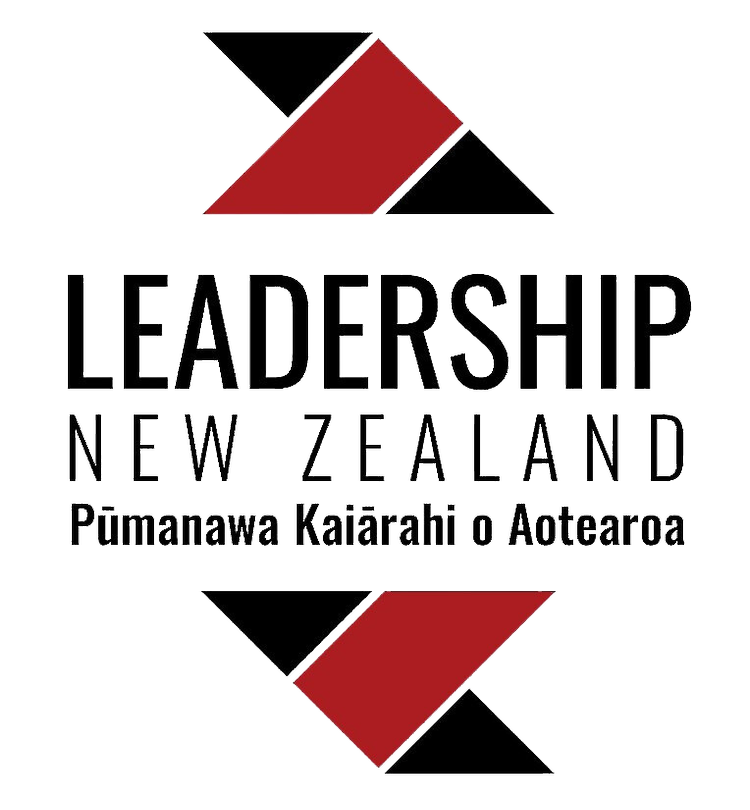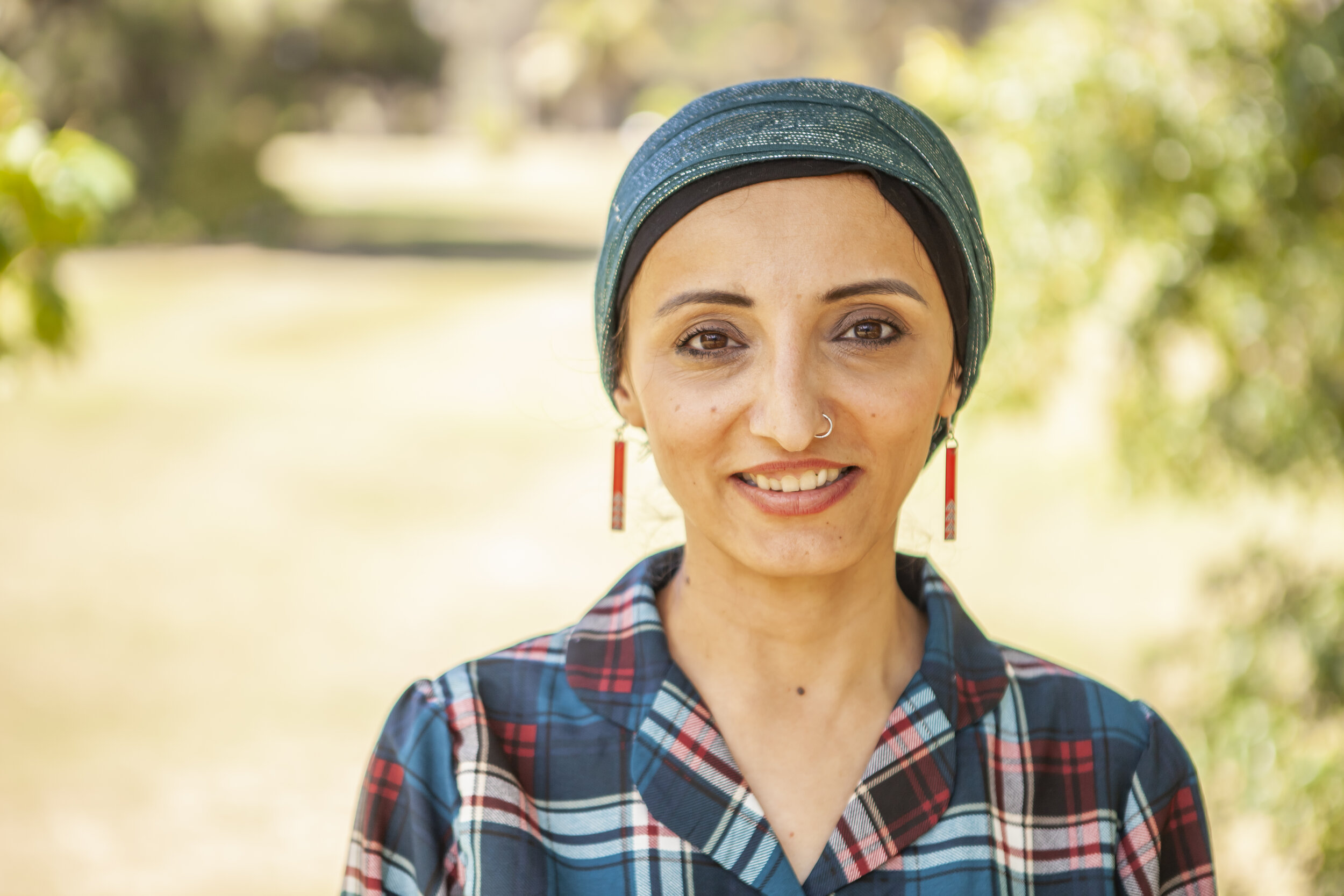Delivered by Tayyaba Khan (The NZ Leadership Programme, Alumna 2019) at the Australian High Commission, Women in Leadership Speaker Series 2019.
Aozubillah
Bismillah
Tena koutou katoa
No Tamaki Makaurau ahau (I am from)
No India and Pakistan oku tipuna (My ancestors hail from)
I whanau mai au ki Sukkur (I was born in)
I tupu ake au ki Peshawar, Tokyo, and Auckland (I grew up in)
Kei Khadija Leadership Network ahau e mahi ana (I work at)
Ko Tayyaba Khan taku ingoa (my name is)
No reira, Tena koutou katoa
Greetings everyone! It is such a pleasure and privilege for me to be sharing this stage with such esteemed panellists and a sincere thanks to the Australian High Commission for inviting me along and the manaakitanga they have offered to me, to all of us, to be able to make it here today.
As I started putting pen to paper for my opening remarks I started reflecting on why you all would chose to attend this event? Of course the powerhouse panellists are pull card, but my hope is that it is also because the popularity of the terms diversity and inclusion in the context of workplaces makes you equally curious about the problem we are trying to solve in the ongoing social inequalities we are confronted with. Like me, I am hopeful you are here in search for the answer to what the problem is that we are all aspiring to resolve, if not already working to resolve.
It would be remiss of me to not pay tribute to the 51 Kiwi lives we lost earlier this year. These New Zealanders have left behind much in the way of a moral, ethical and social responsibility we all need to live up to, to better take care of each other. To not let our differences manifest into such hatred that some of us can’t unsee. If anything with what happened in March, and with our colonial history we are repeatedly given the opportunity to understand and acknowledge that we can’t achieve diversity, and then inclusion unless we as individuals, communities, and society confront who we exclude in our own spheres of influence. This process and structures of exclusionary practices whether micro or macro in nature create the inequalities we in contemporary work contexts are aiming to resolve under the banner of diversity and inclusion. Diversity and therefore inclusion needs a new form of daring, values-based, and disruptive leadership.
March 15th has made diversity and inclusion an urgent and relative problem for us and Australia. It’s biggest ripple effect being the loss of multiplicity that we were seeing globally having found its way on our shores, making us confront that we can no longer conveniently prioritize one place, one pain. I recently attended WORD in Ōtautahi, a city I have visited more this year than in the entire 28 years of being in this country. John Campbell was in conversation with Behrouz Boochani and his parting words to Behrouz were that it’s not that we in New Zealand didn’t know Manus is happening. It’s that it was convenient to look away.
With the popularisation of D&I principles in workplaces we must all be well familiar with the economic benefits of diversity by now. I don’t know about you but I am inundated with stats like ethnically diverse companies perform 33% better than the norm, Forbes is benefitting from a 24% growth as a result of their D&I strategy and its implementation. The complexity of this problem that we are trying to solve is however not simply about hiring ethnically diverse people and our job is done. It’s time to make D&I real – in numbers and targets, in increasing our collective competence and with accountability and consequences. Why? Because it will resolve the bigger structural basis of social inequalities we are having to confront daily.
I like to think I now harness the diversity within me daily, and boy is it exhausting. I know, I know, hearing about the exhaustion isn’t exactly a selling point to get more engaged and involved. However, as a migrant to this country who will forever be a guest to the kind hospitality of the tangata whenua here; as a grand-daughter of displaced ancestors because of their faith, as a woman, as a woman of colour, as a Muslim, as a single Muslim from a faith group that conditions you to believe you are more valued or valuable as married, as a Pakistani, and on top of that as a Pakistani in the aftermath of Usama bin Laden’s discovery in my birth nation, for a long time I walked the earth believing I carry many labels and it seems difficult to pivot them positively. However as a global citizen who has been privileged to be educated in great schools and universities with the opportunity to live and work in the Occupied Territories of Palestine, Australia, and United Kingdom I have been allowed and even supported to work on my internal conflicts to pivot these very labels into positives. I now confidently see these labels as my many touch points within me to harness diversity of thought and contribute better in this world. I encourage you to reflect on, and harness your own.
We are conditioned to believe identity would be easier if singular, but we miss out on so much richness if we can’t cultivate the diverse traits within us that allow us to find commonalities with others experiencing that tension. As one of my favourite authors Elaf Shafaq puts it, a singular identity is an illusion, we all have multiple attachments. So why don’t we all start creating a world where we are better equipped to deal with our multiple attachments and complex identities.
This year alone I have been gifted stories of where someone got a foot in to employment by changing their name on their CV, another being told to change their name to be taken more seriously by “New Zealanders”. We have continued to have targeted attacks right here towards Muslim women who wear the hijab, and migrants and former refugees continue to struggle to land roles in their qualified areas of professions. Less than a week ago we had the Air New Zealand customer who was disgruntled by the use of te reo Māori, and weeks prior to this incident I too had a disgruntled exchange on what’s app with a friend for my ongoing attempts to learn and use te reo Māori. Little did he know that I have a niece who is part Māori but he went on to tell me I shouldn’t have to feel I need to learn a language that isn’t mine - that such liberal guilt was not helping make a difference.
I know I am ready to do something about diversity and inclusion beyond a conversation. For a conversation will not lead to accountability or consequences. I do however also believe we are ready for it as a nation, we are ready to be world leaders in this space. Aotearoa New Zealand has foundations in the Treaty of Waitangi that allow us to work with living the treaty principles so people turn up as their unassimilated, and authentic self in any context not just limited to workplaces. A simple solution that we could all start with is spending time with people who don’t look like us.
So how do I work on it daily, and how can you all join the movement? I start by cultivating the diversity within me not just around me on a daily basis. It’s a part of my routine like daily prayers, yoga or meditation. I know that to achieve diversity, and have the impact of inclusion I need to be ok with being uncomfortable. I know those of us who are minorities in the room are thinking, “Sister, we do uncomfortable 24/7”. So this getting comfortable with discomfort is for those of us who have stopped growing and challenging ourselves. I choose not to be silent when complexity is fearful, for leadership happens in the face of fear. Last but not least I continue to make and achieve goals that cultivate inclusion especially for women and more specifically for women of colour.
Diversity and inclusion is no longer an agenda we should simply talk about, it’s an agenda each and every single one of us need to do something about. As Elaf poignantly puts it, ““Ours is the age of anxiety, anger, distrust and lots of fear.” Let’s own what we have inherited and make the best out of it so we can leave something better behind for the next generation. Let’s be uncomfortable together.
Waiho i te toipoto, kaua i te toiroi
Let us keep close together, not wide apart
Assalamu alaikum wa rahmatullahi wa barakatuhu

